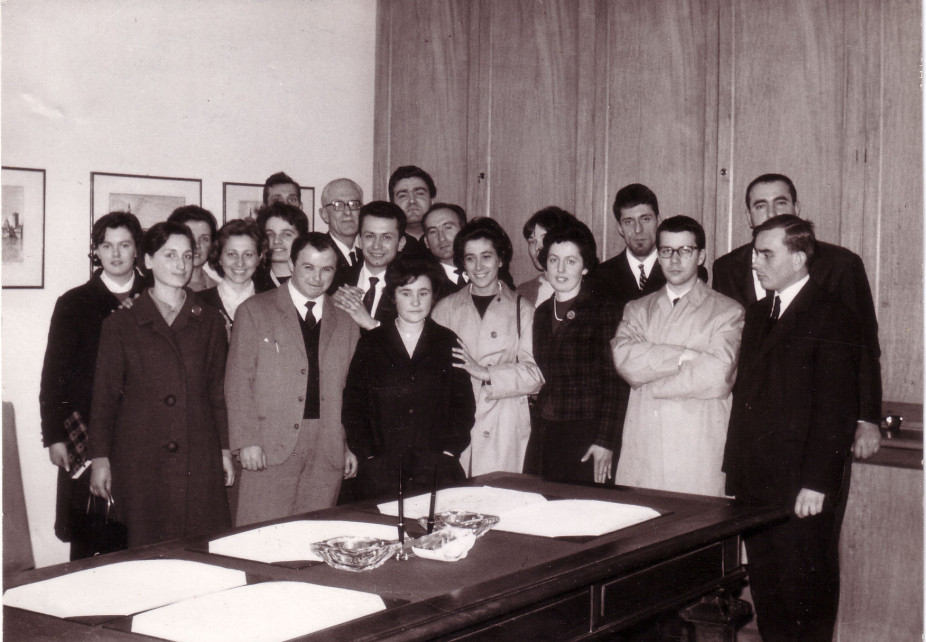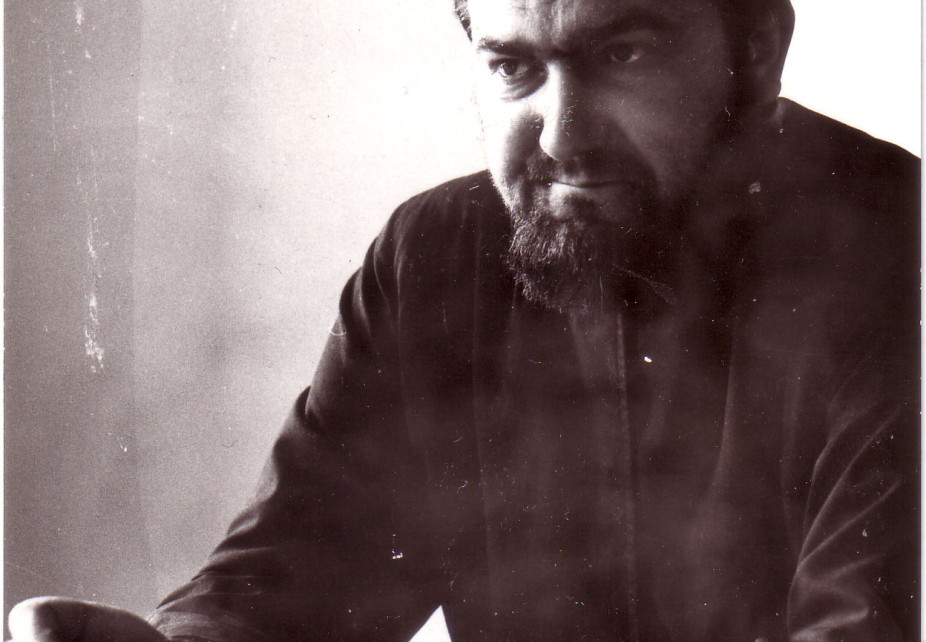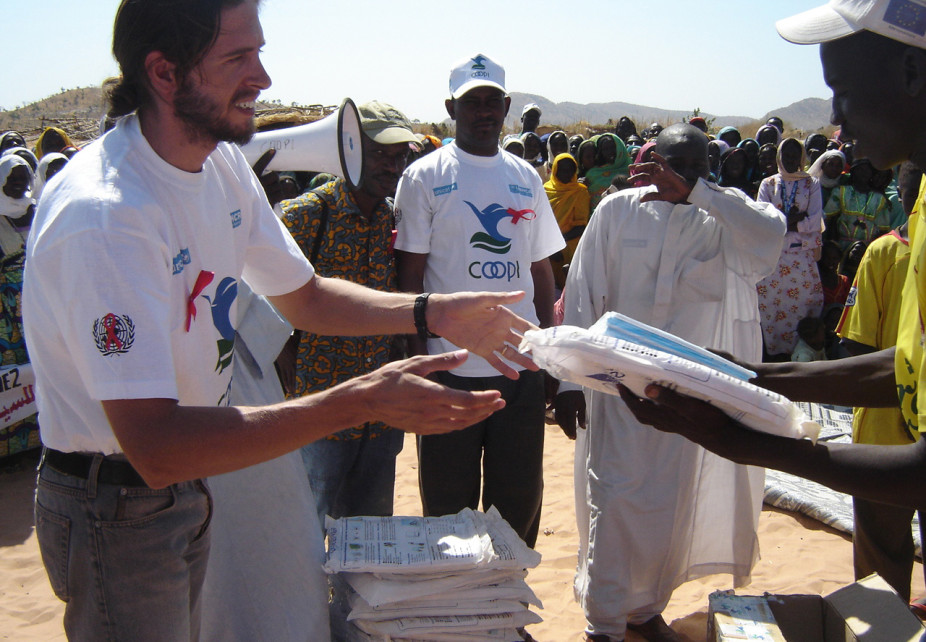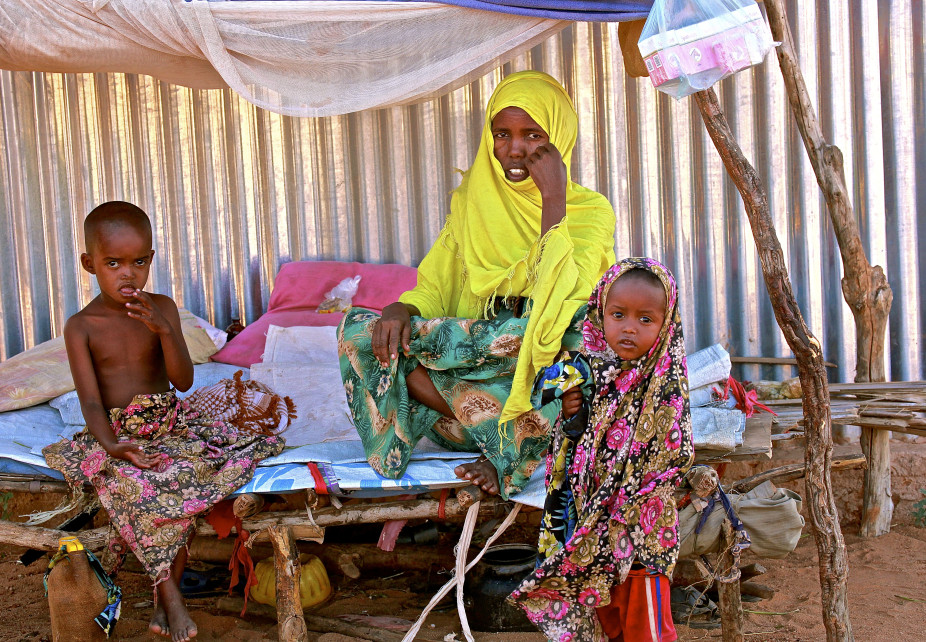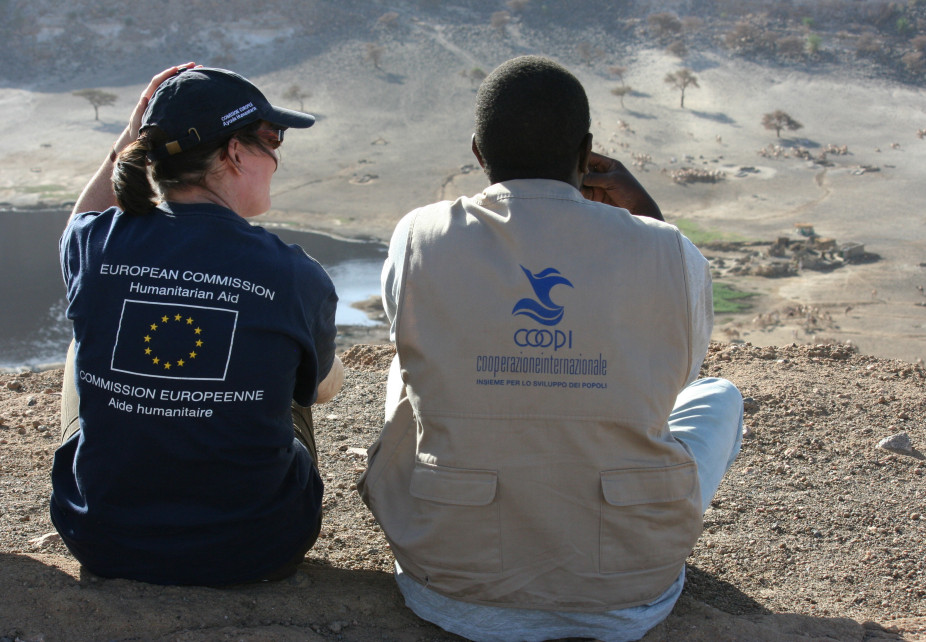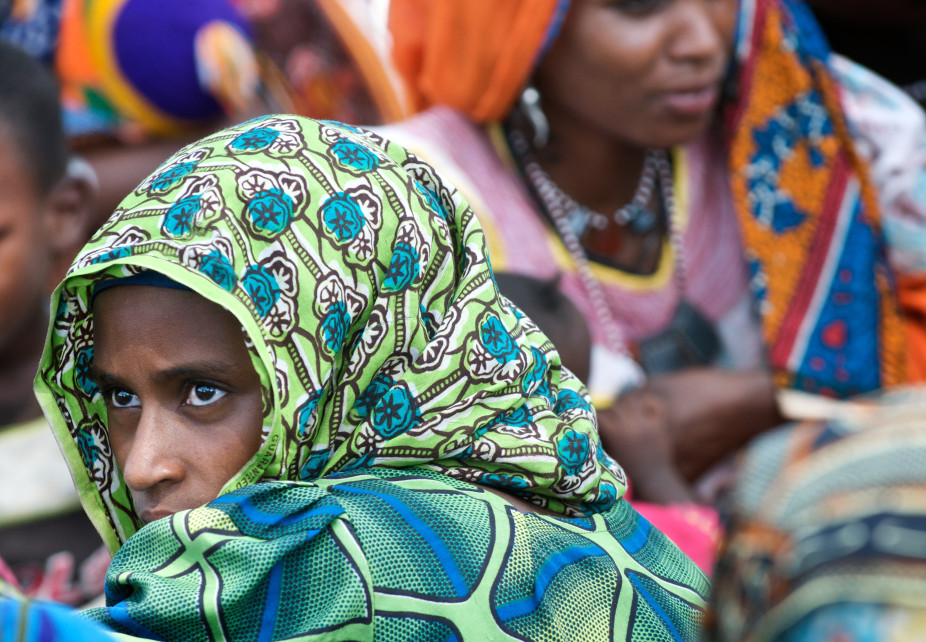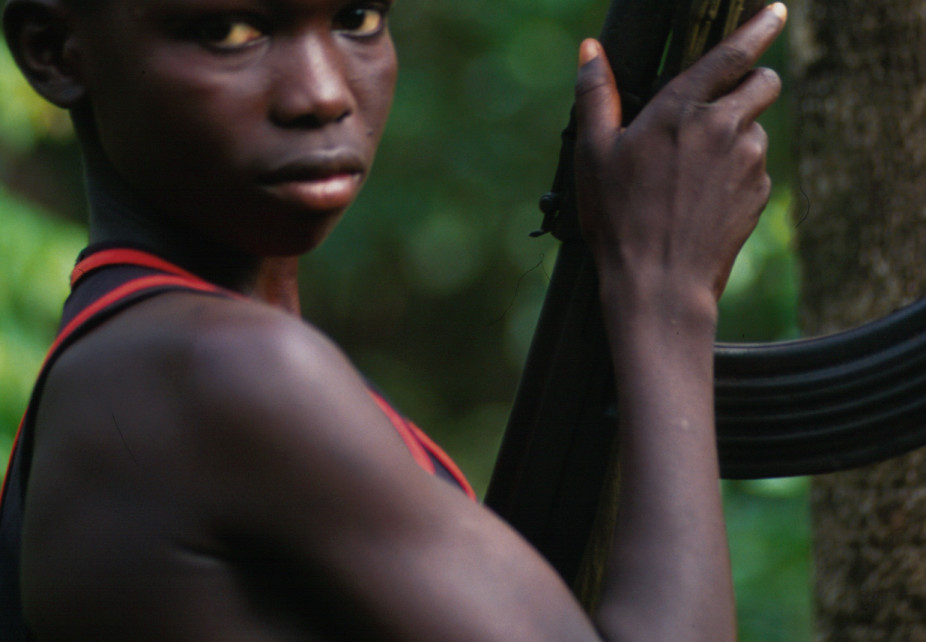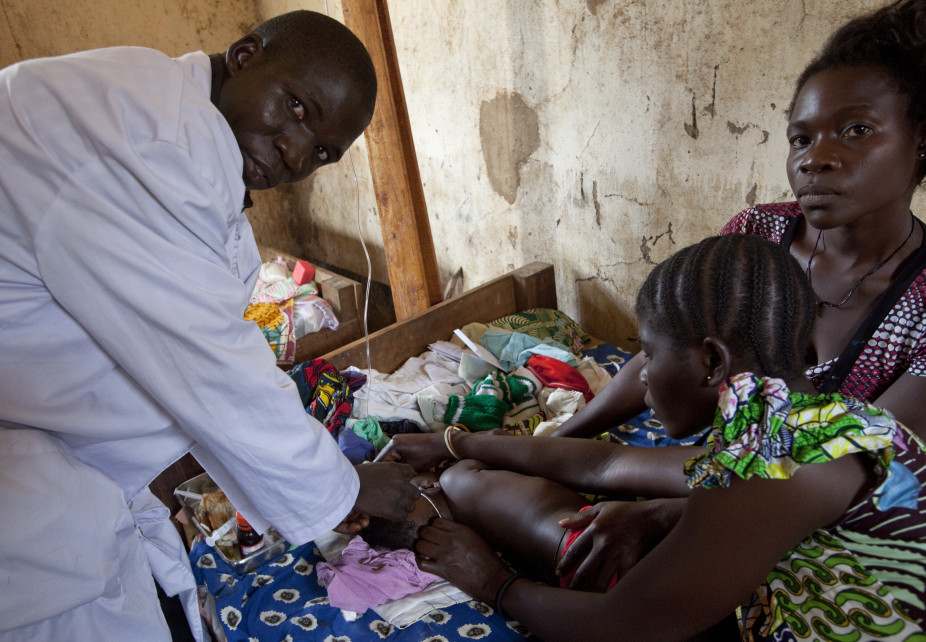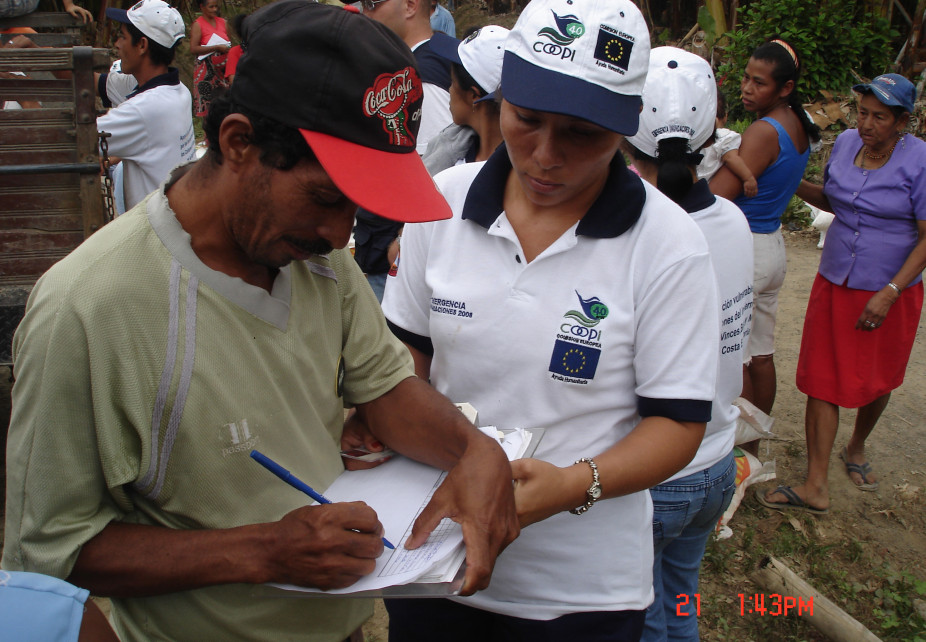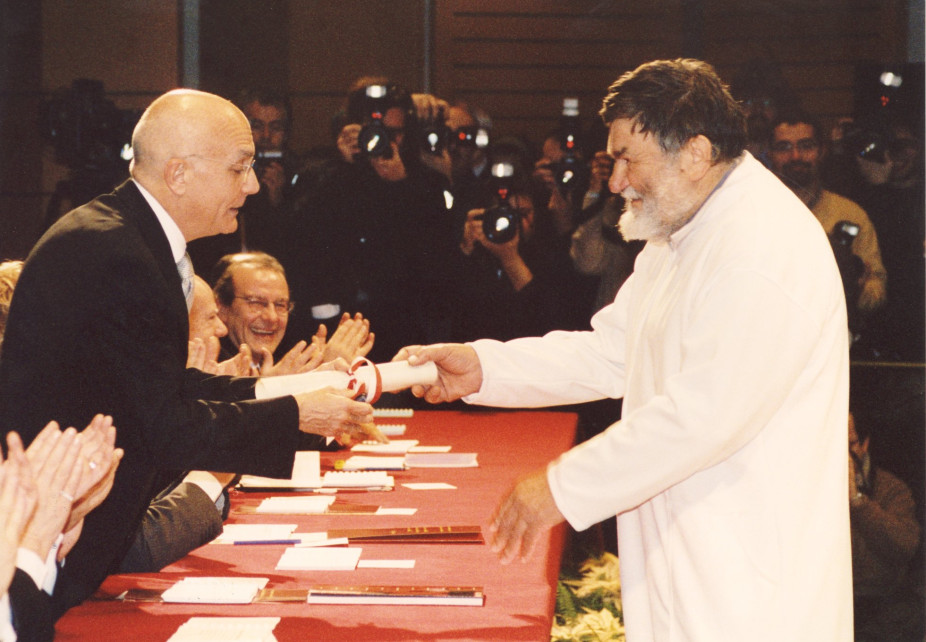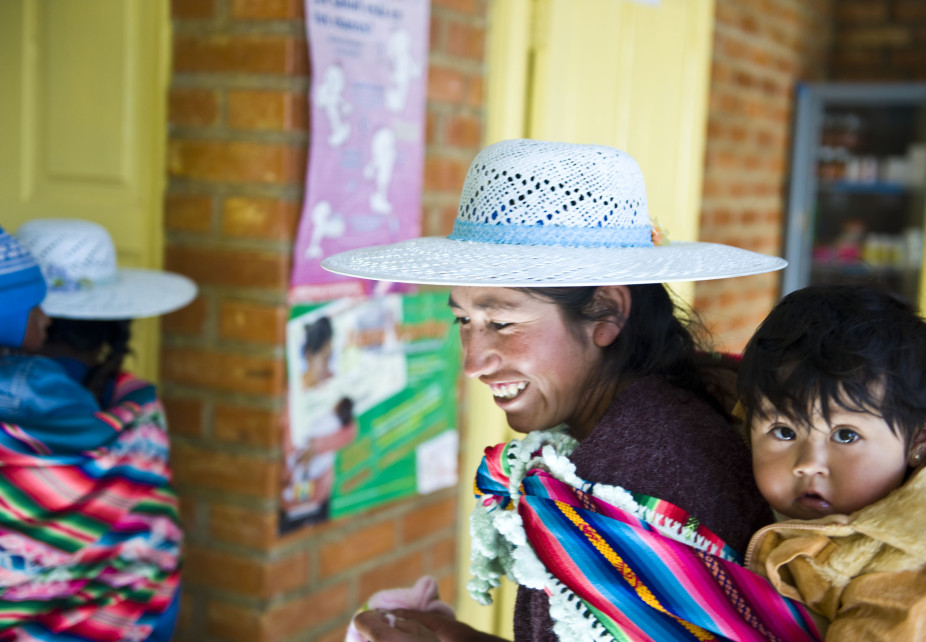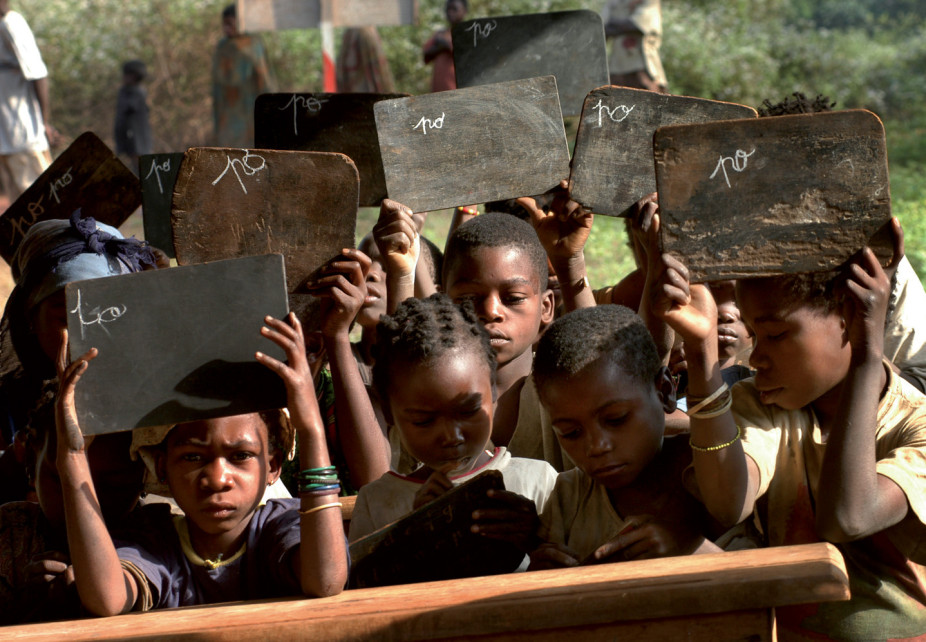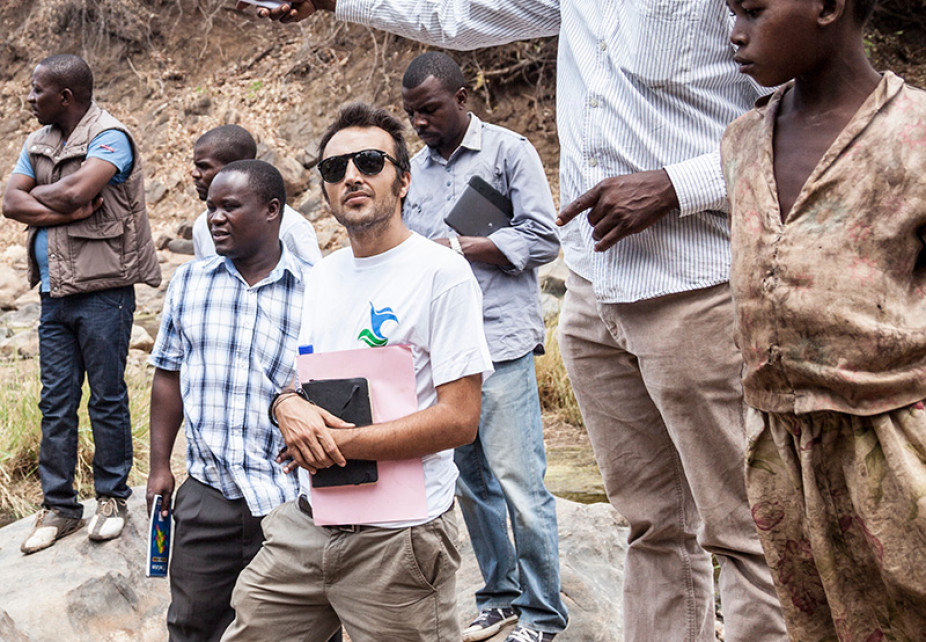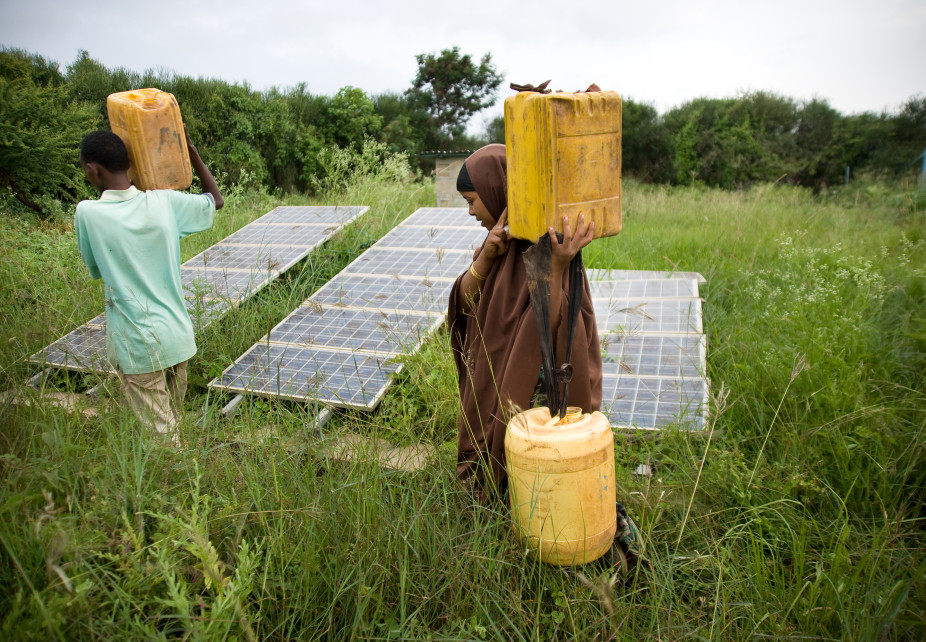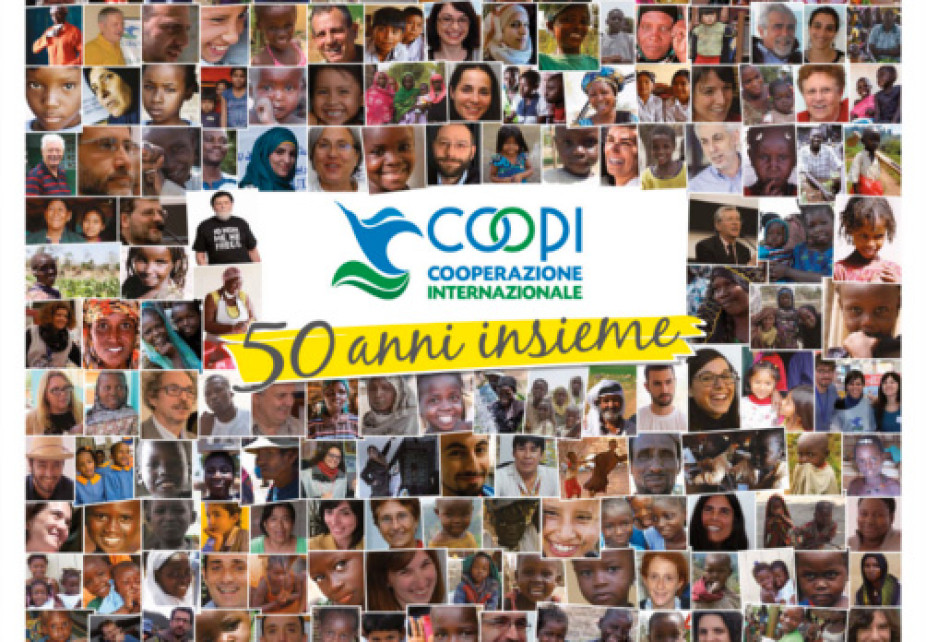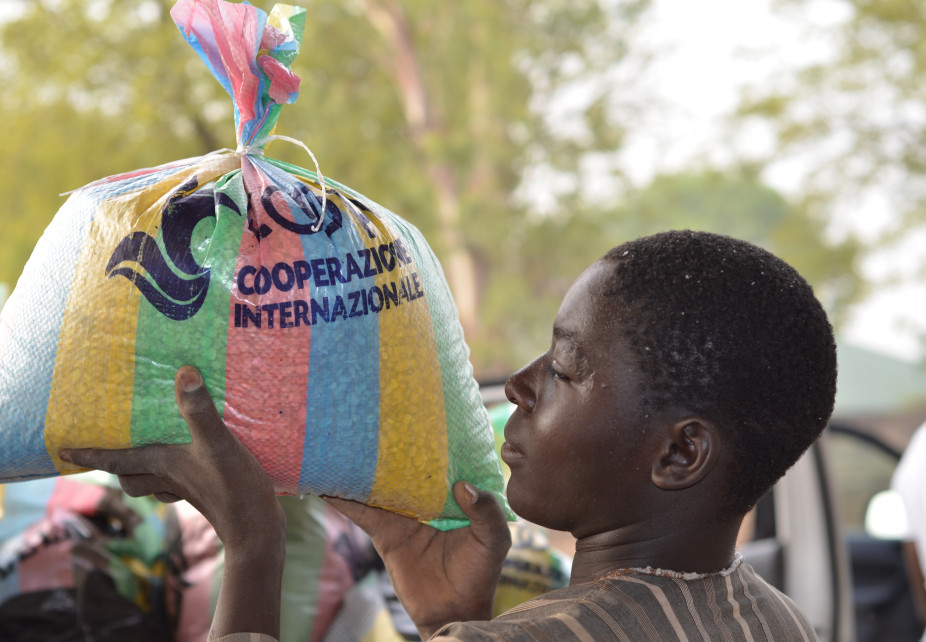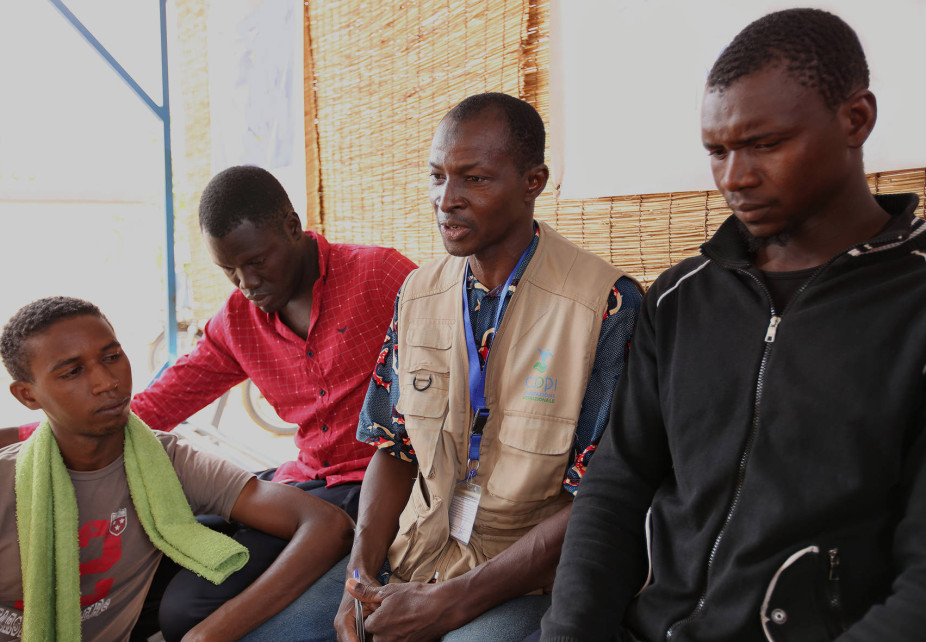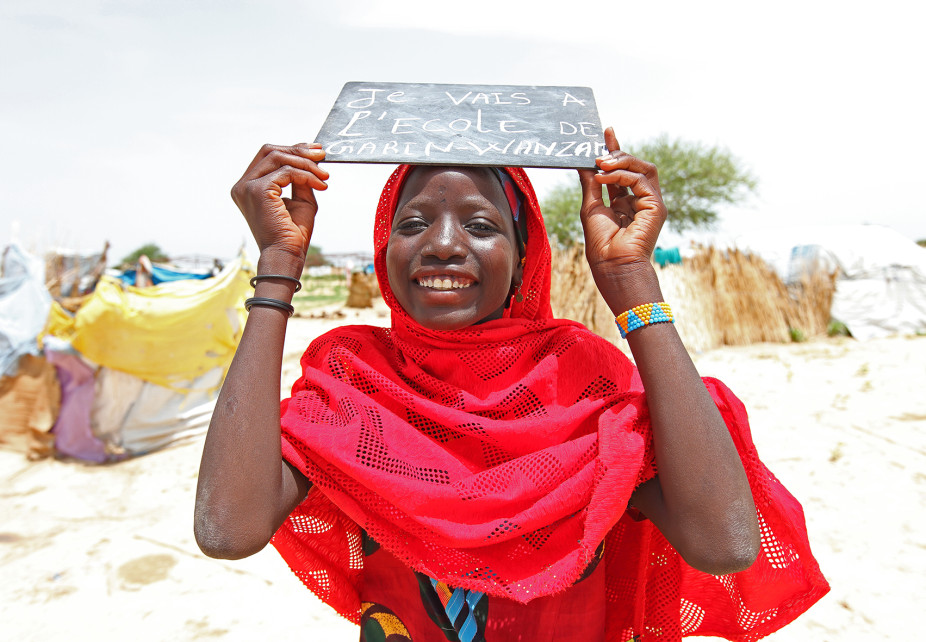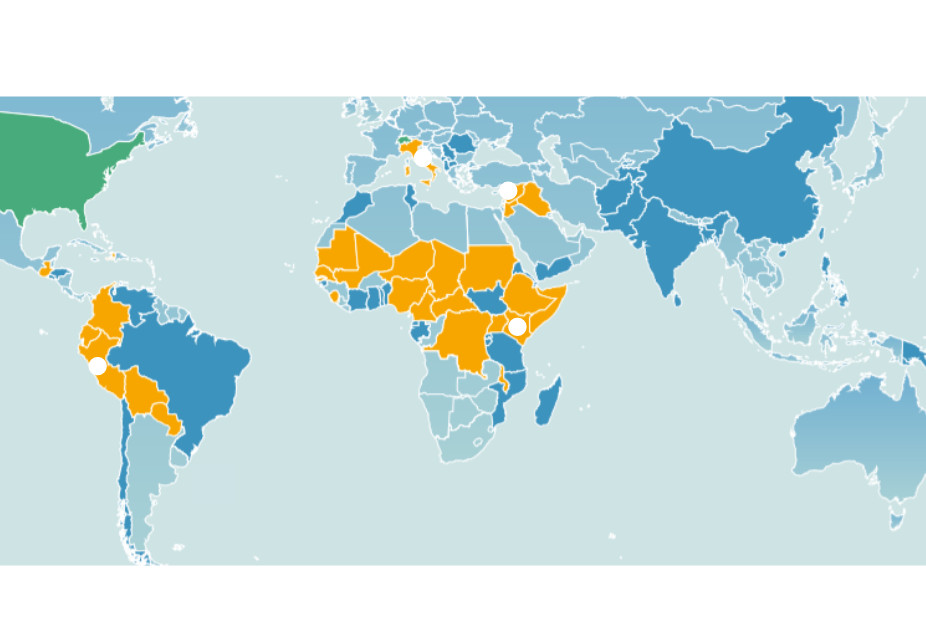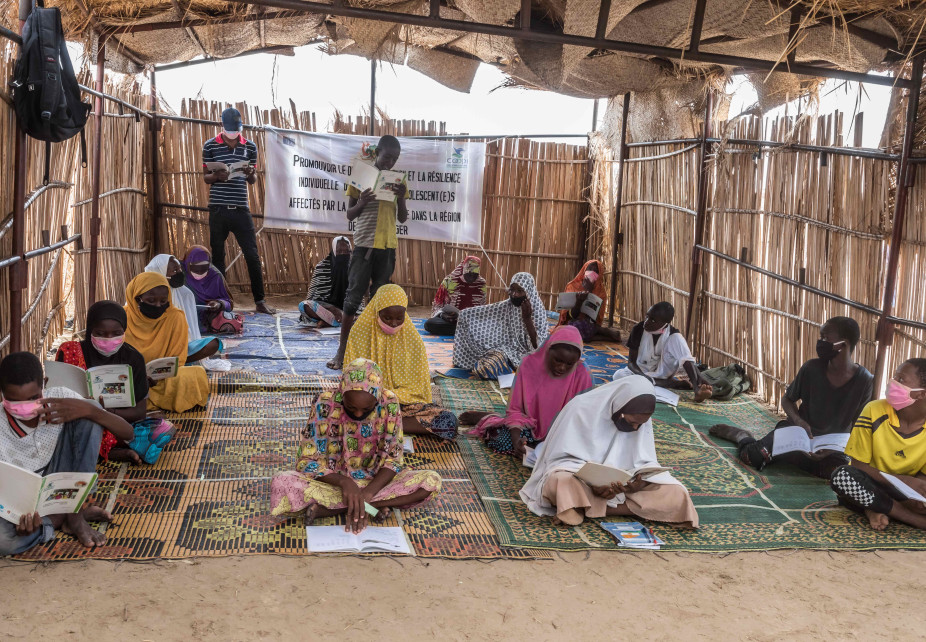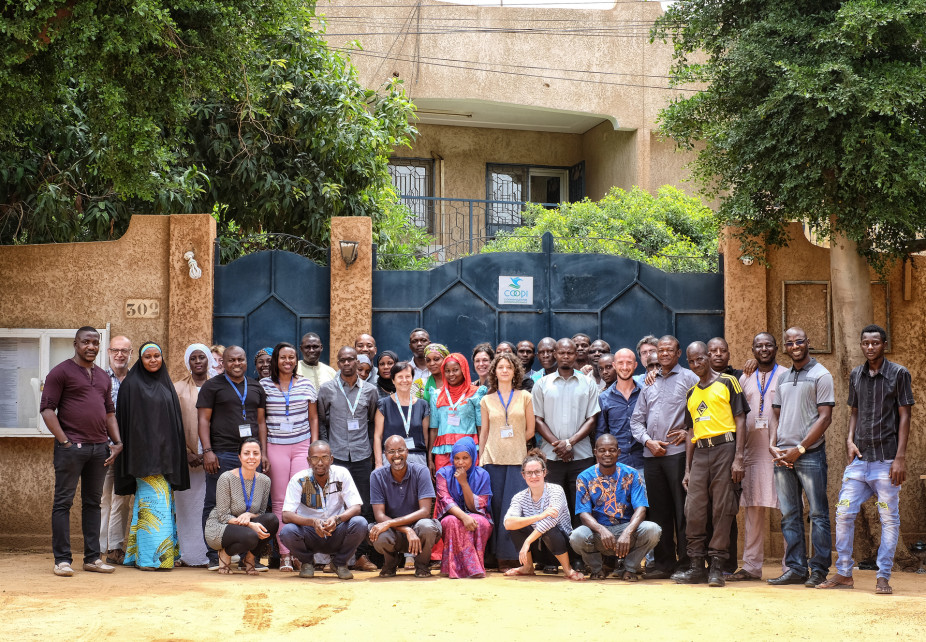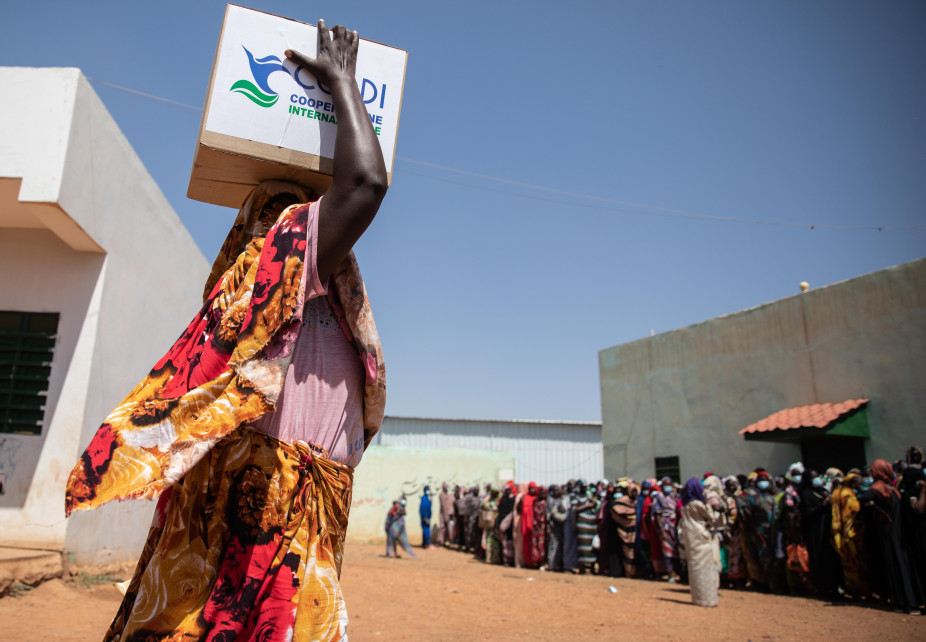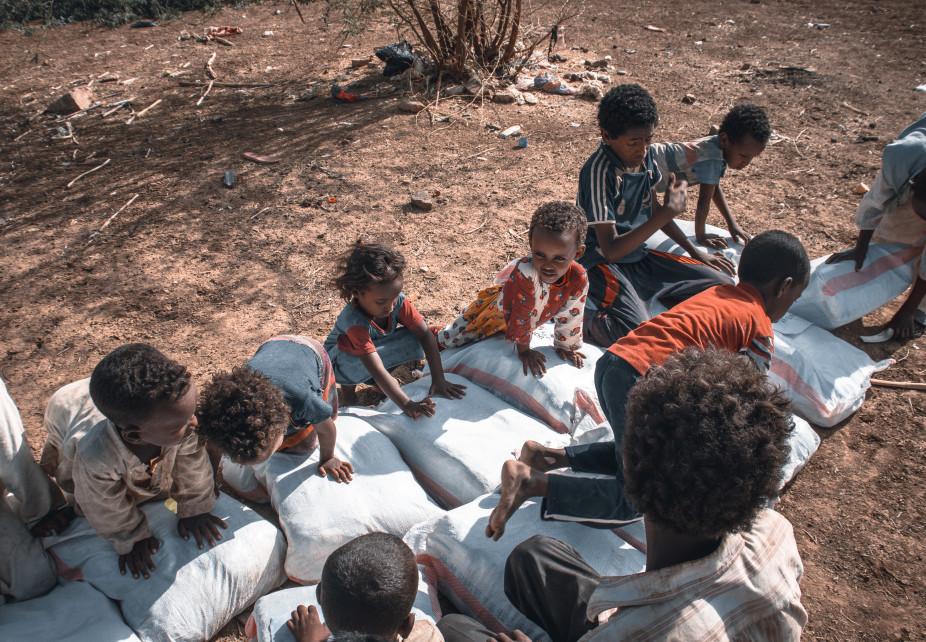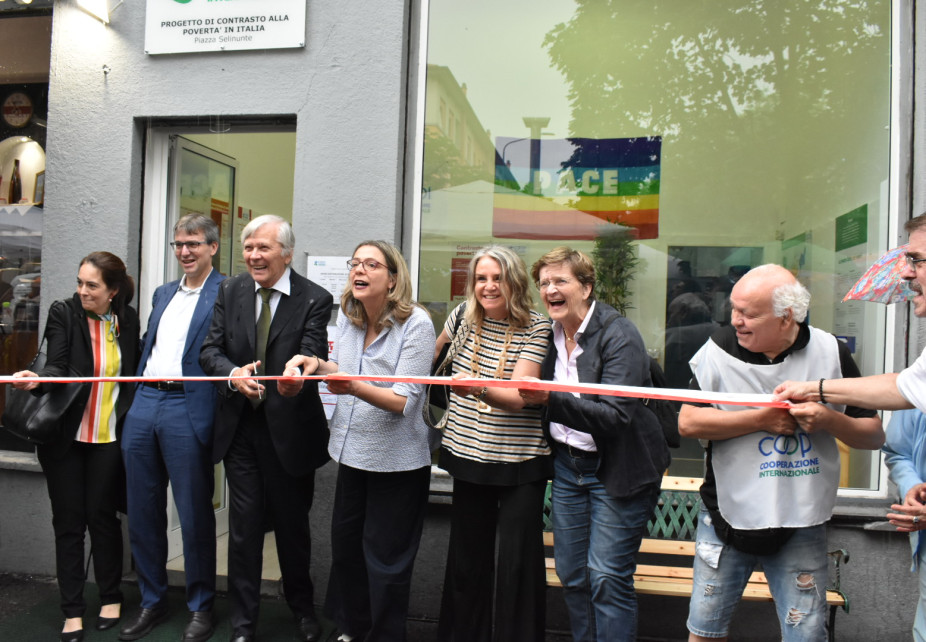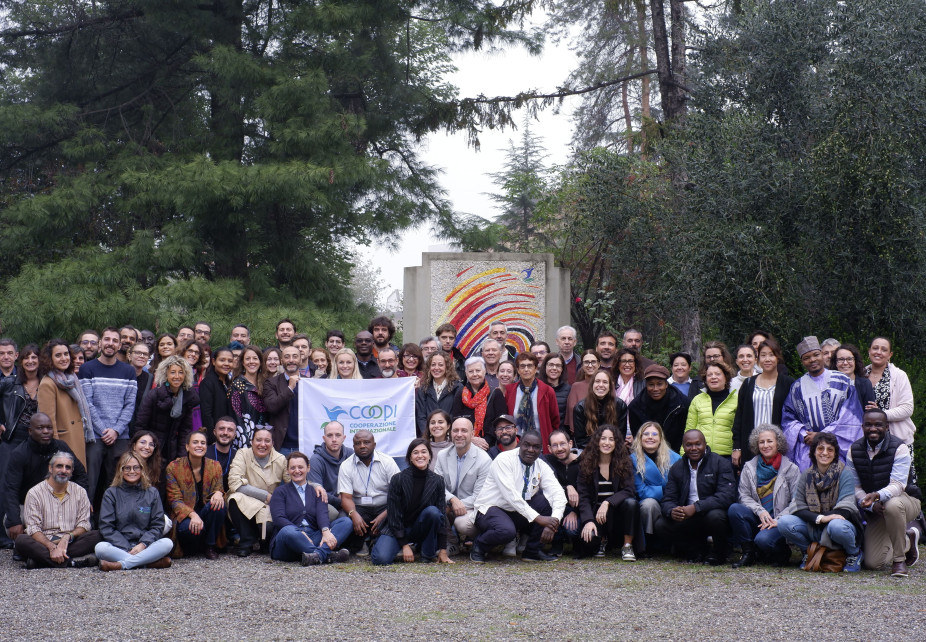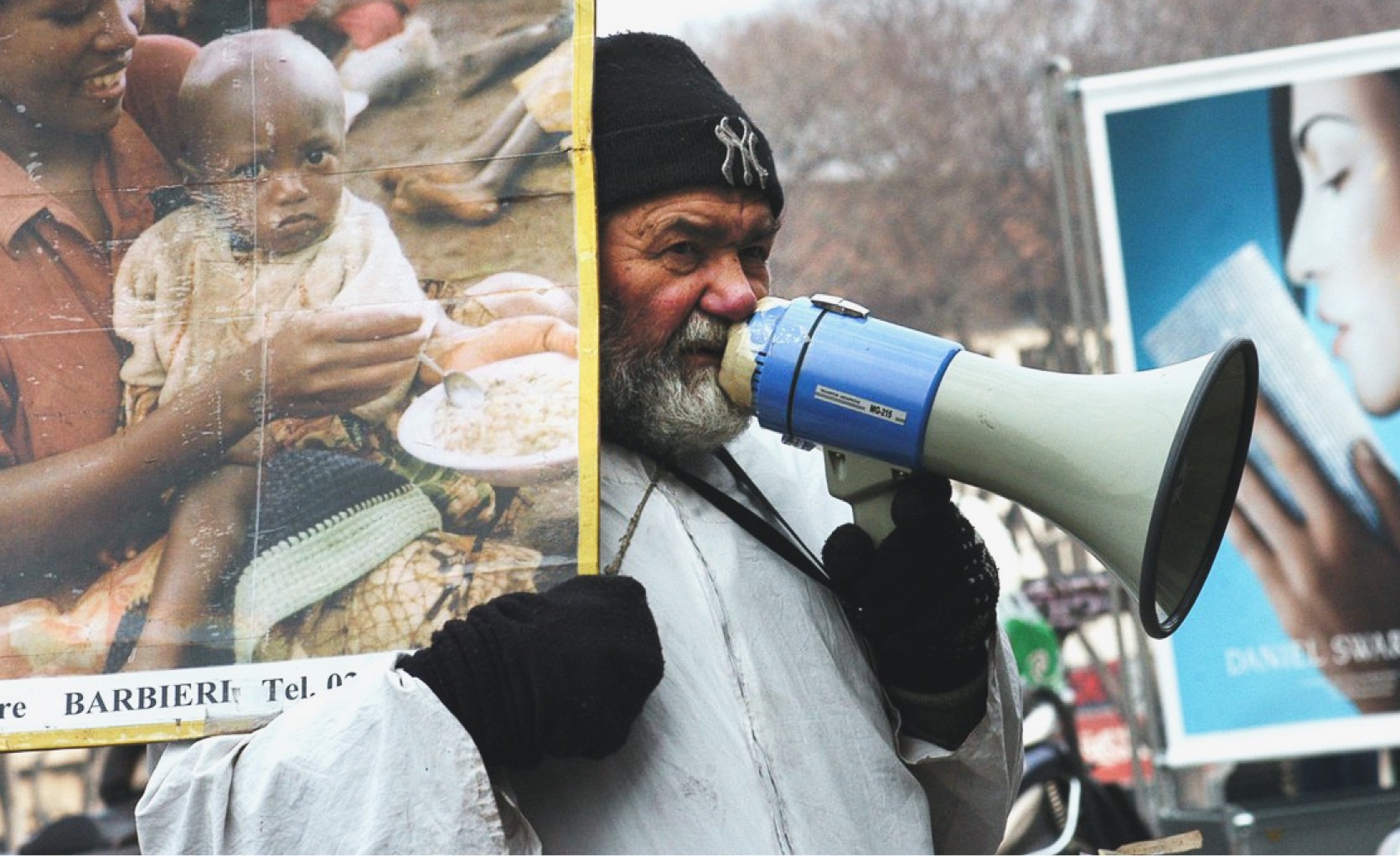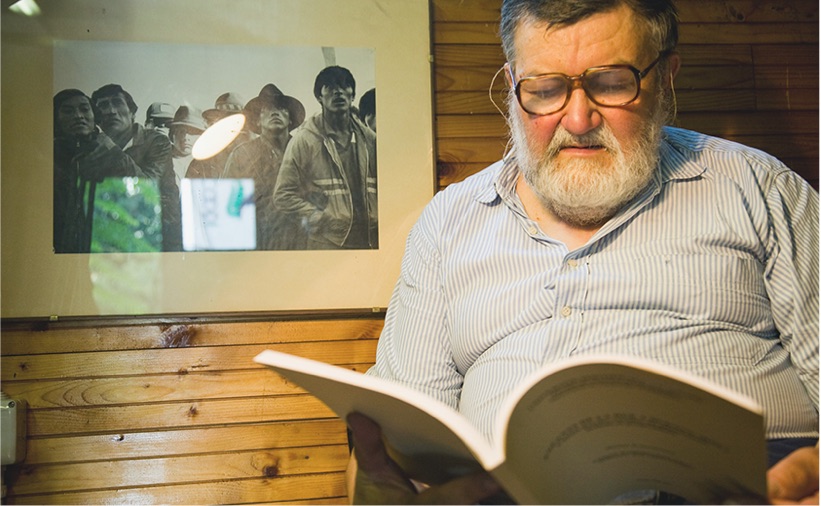60 years AGO, we still believe in our strategy.
COOPI was founded by Father Barbieri on 15 April 1965. This is when it all started - a journey spanning sixty years during which COOPI and Italian international cooperation have expanded and evolved in very different aspects. Yet COOPI story began before 1965. In fact, it dates back to 1961, when Vincenzo Barbieri, a young Jesuit priest, was sent to Lyon, in France, to study at the Faculty of Theology, in order to go on a missionary mission to Chad. Barbieri found the cultural environment in France to be much more lively and open-minded than the one he experienced in Italy in the years before the Second Vatican Council. In Lyon, he came into contact with international secular movements engaged in voluntary work in developing countries for many years. In 1962, Barbieri turned down the opportunity to leave as a missionary himself and returned to Milan, to train volunteers who were eager to leave for developing countries. Father Barbieri has been the one to include secularity in missionary activities.
